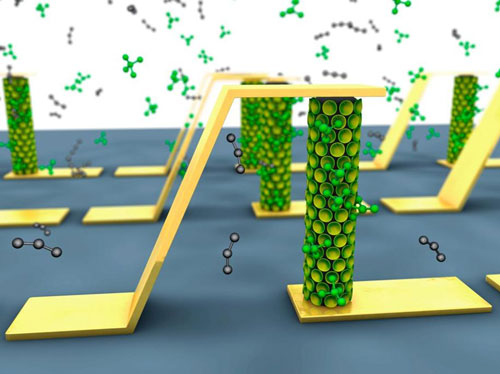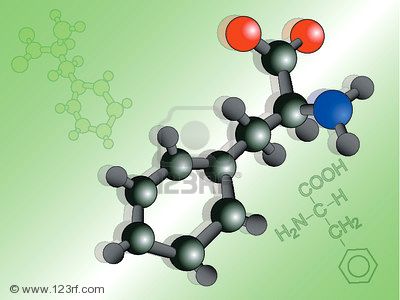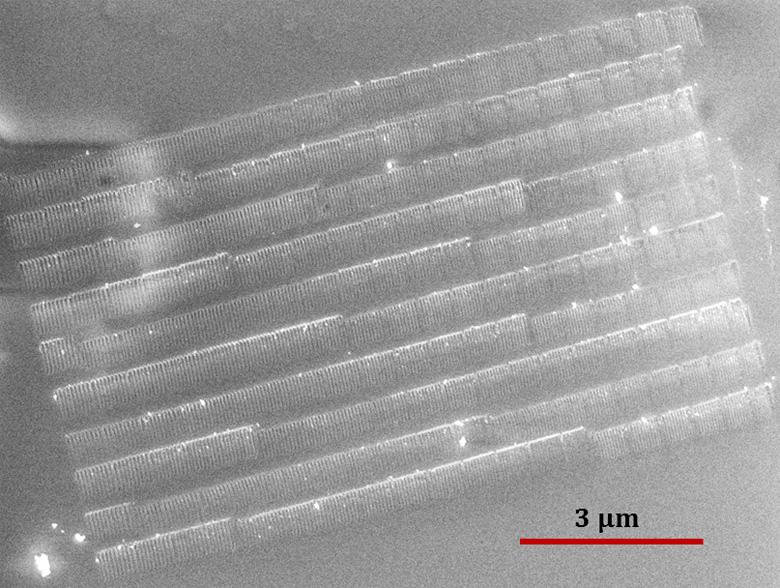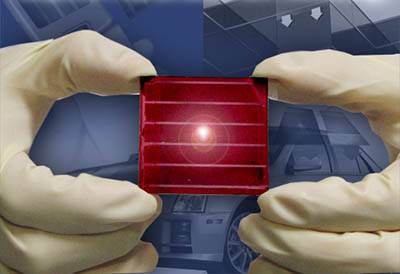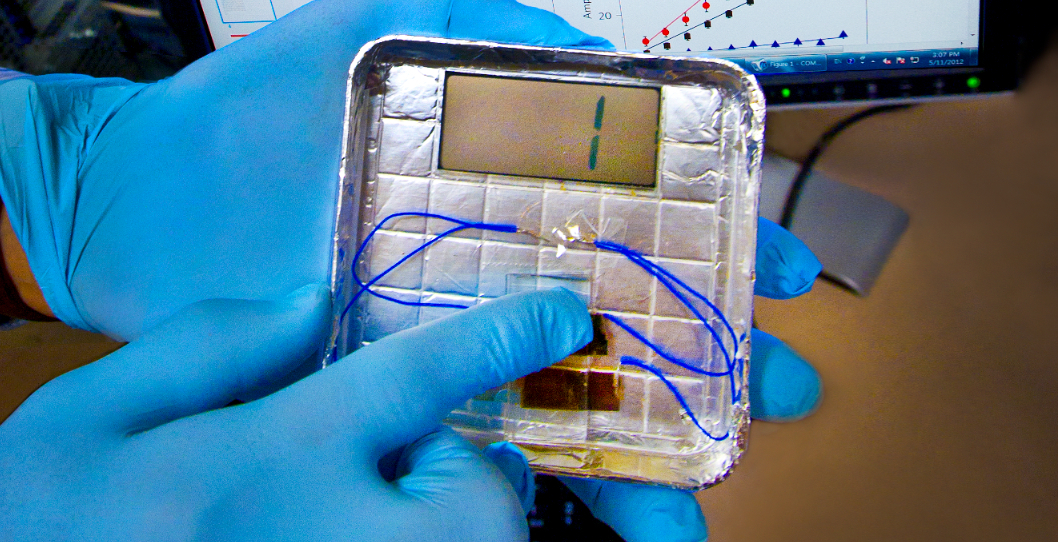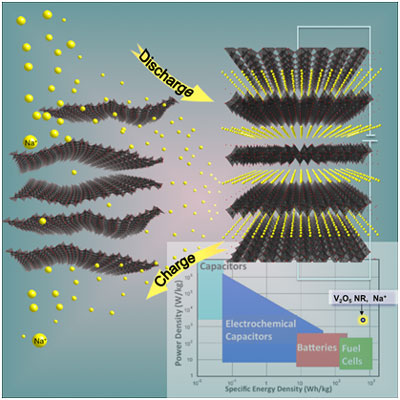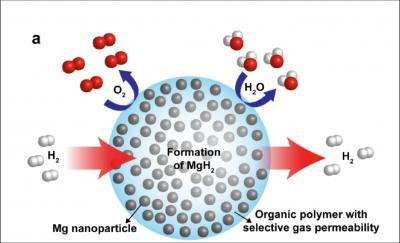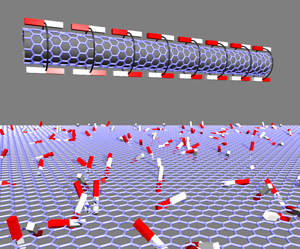Nitrogen Dioxide Gas Sensor Based on Vertically-Grown In As Nanowires
Imec and Holst Centre have developed an innovative sensor for measuring ultra-low concentrations of NO2. These sensors are important for applications that monitor environmental...
How Nanotechnology has the Ability to Solve Problems
Your cell phone may one day be powered by a nanoprotein extracted from spinach. Leafy vegetables use photosynthesis to convert solar energy in order...
Harnessing Hotspots
Electronic devices often develop ‘hot spots’ that can become detrimental to performance. Much research has focused on developing methods to cool the system, or,...
Ferroelectric nanostructures directly on plastic
The technique, which uses a heated atomic force microscope (AFM) tip to produce patterns, could facilitate high-density, low-cost production of complex ferroelectric structures for...
The Solar Energy Conversion Efficiency Rate Improved By Nanomaterials
Frontiers of research are rapidly exceeded. Even in field of solar energy harvest and conversion efficiency, new research ideas come from everywhere.
The scientists from...
Tiny devices that harvest electrical energy from everyday tasks
Imagine charging your phone as you walk, thanks to a paper-thin generator embedded in the sole of your shoe. This futuristic scenario is now...
Rechargeable Sodium-Ion Batteries
With a near-theoretical capacity of 250 mAh/g, excellent rate capability and cycle life, and high energy and power densities of 760 Wh/kg and 1200...
Terahertz Invisibility Cloak Unveiled at Conference on Lasers and Electro-Optics 2011
Humans generally recognize objects through two features: their shape and color. To render an object invisible, one must be able to manipulate light so...
Hydrogen as Alternative Fuel Stored Due to Nanocomposites
As well known most polluting fuels which create are those based on hydrocarbon. Since 1970s the best alternative to replace fossil fuel remained hydrogen.
Unfortunately...
Curved carbon for nanoelectronics
A new scientific discovery could have profound implications for nanoelectronic components. Researchers from the Nano-Science Center at the Niels Bohr Institute, University of Copenhagen,...

